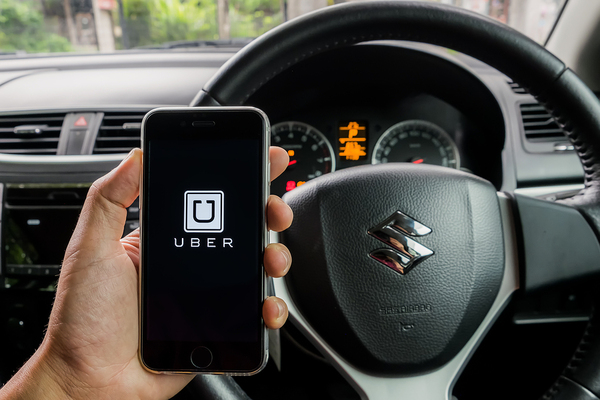Ride-hailing company Uber recently received approval from Transport for London (TfL), the city’s regulatory authority for cabs, to re-enter the London market, one of Uber’s most profitable.
Uber lost its license to operate last year due to TfL’s concerns about the company’s failure to perform adequate background checks on its drivers and ensure passenger safety and its practice of using software to evade regulators.
Is It a Win for Uber?
The win was widely hailed as a win for Uber, particularly for the current chief executive officer (CEO), Dara Khosrowshahi.
Khosrowshahi took the helm in September 2017 after the founder and then-CEO, Travis Kalanick, was ousted as a result of concerns about the company’s buccaneering — and regulatory-evading — culture. The culture was blamed for a number of problems, including loss of the license to operate in London.
The new CEO, and Uber’s representatives before the TfL authority, took a notably apologetic stance, acknowledging that the company had run afoul of proper procedures and may have deserved to lose its license. They vowed to work with regulators going forward.

The move was widely viewed as a win for Uber’s new corporate direction.
In fact, they will have to work with regulators, because the re-entry to London is provisional. It is a license for just 15 months, during which Uber will be subject to an independently verified audit every 6 months. At the end of the 15-month period, permanent renewal will be considered.
But the apologetic stance was also widely viewed as the fruit of the change in Uber business strategy that came in with the new CEO. Under Kalanick, as observers from the University of Pennsylvania’s Wharton School noted, regulators were viewed as the enemy. Ignoring them or even subverting them was part of the company’s culture.
Under Khosrowshahi, the era of Uber as a corporate law-abider that works with regulatory authorities around the world seems to have begun, and the London win, even if provisional, is seen as a sign of that.
Industry observers noted that this may also be a step toward eventually taking Uber public. Khosrowshahi has indicated in the past that an initial public offering of the company’s stock is a goal of his tenure as CEO.
Uber, however, has yet to turn a profit. The London move could also be a significant step on the road to profitability.
Is the Buccaneering Era Over?
There are larger implications in the London regulator’s provisional approval than just company news. Uber’s desire to work with regulators is a major change in the corporate culture, yes. But it may be a harbinger of a yet larger change in the start-up culture that drives technology news.
That larger change is the end of the buccaneering era in which ignoring regulatory bodies and even laws were seen as part of business sector disruption. Uber was genuinely disruptive of the taxi/cab industry in its institution of an app as the means to hail a ride. But its stance toward regulation and laws was ultimately not disruptive, but counterproductive to the company itself.
